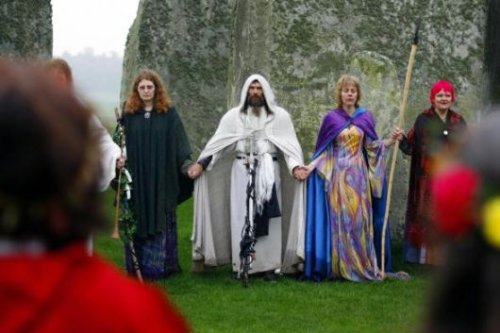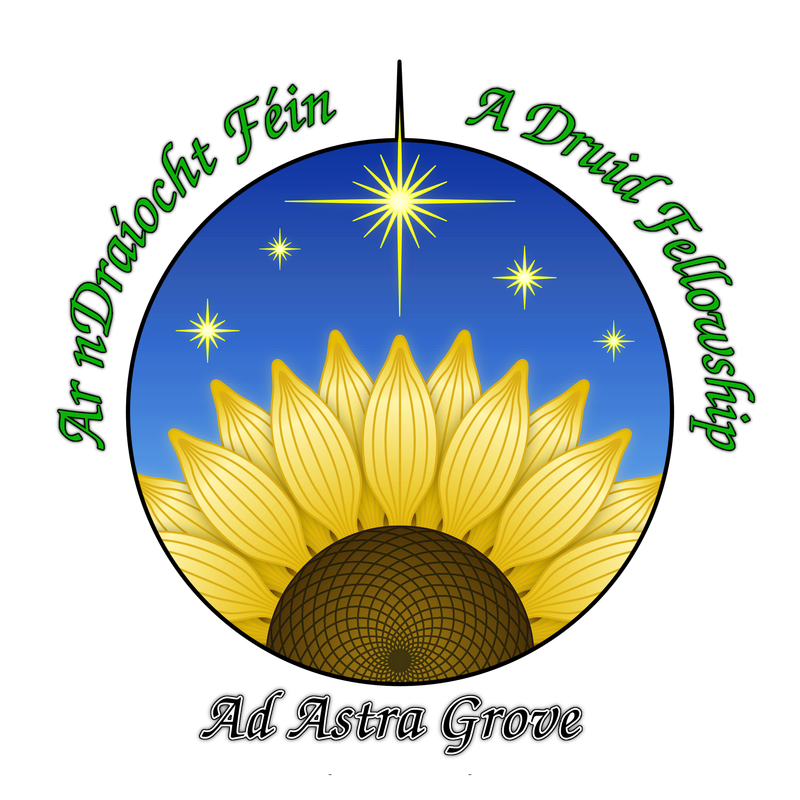My firm belief is that people get more when they engage in the work. Each section of the Core Order of Ritual can be broken into components. This means that there are potentially 18+ parts. I like to keep certain aspects (the opening of the gates as an example) under the auspice of the lead druid. I also like to have the omen taken by someone who is not the lead.
The lead druid keeps the action moving forward and running smoothly. This could mean a rather pointed nod at the person who should be speaking at a certain moment during the liturgy, or verbal cues.
The ritual organizer is in charge of there being a script to follow, as well as a space in which to perform the ritual. The ritual organizer insures that all sacrifices are ready and present for the ritual.
Having a person to tend the fire, making sure it doesn’t go out or burn the place down, is vital. Safety around flame is extremely important and fire should never be treated without respect.
Someone to lead the music (bard) is ideal. Music is one of the sticky points for a group that doesn’t share a common knowledge of the refrain being used. Having a strong leader who knows how to teach a song can save the singing from turning into a dirge of unintended dissonances.
All parts should be agreed upon before the start of the ritual, but the lead druid should be prepared to take over any parts that remain unfilled.



 RSS Feed
RSS Feed
